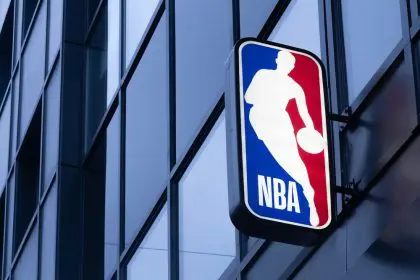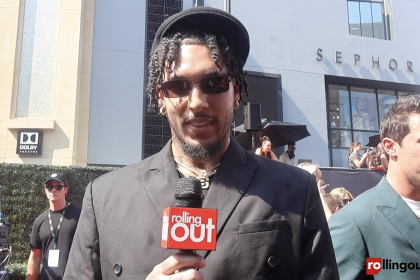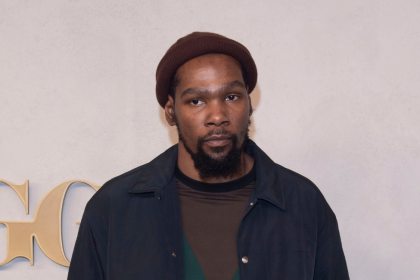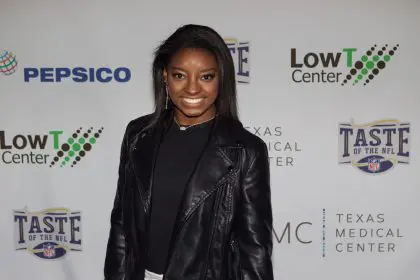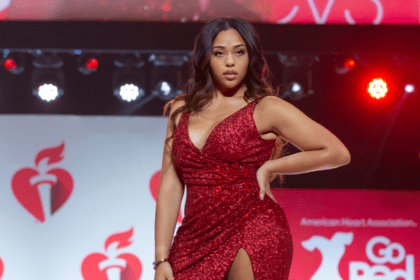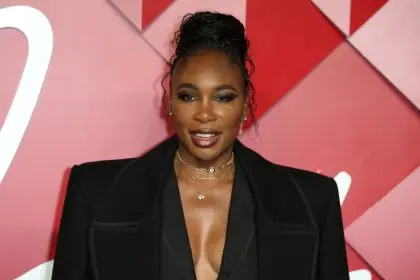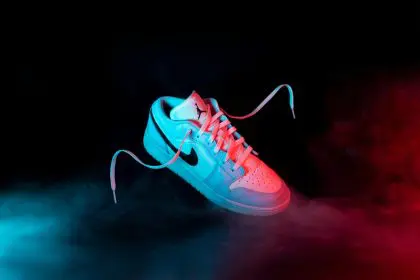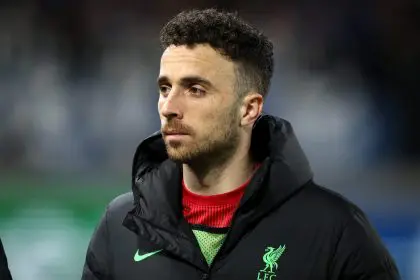The Atlanta Hawks possibly experienced their worst post-season in the history of the franchise. A few months after L.A. Clippers’ owner Donald Sterling’s racist debacle, the Hawks found themselves in a similar situation after owner Bruce Levenson made racist comments about the city of Atlanta and the Hawks fan base.
“My theory is that the black crowd scared away the whites and there are simply not enough affluent black fans to build a significant season ticket base,” Levenson wrote an email that went public after an internal investigation.
Levenson also wrote that “Hawks crowds are 70 percent black, the cheerleaders are black, and hip-hop music is played [during games].” He encouraged the team to add white cheerleaders and to play music that would be acceptable to a “40-year-old white guy.”
Moreover, Hawks GM Danny Ferry was recorded on a company’s conference call basically saying NBA player Loul Deng was a two-faced African. Both incidents shook up a franchise that was already suffering in home attendance and national exposure.
Besides having racist views, Levenson and Ferry aren’t Atlantans and never really understood the culture of Atlanta.
The city of Atlanta was forever changed after the Civil Rights movement. The birthplace of Martin Luther King Jr., soon became a black Mecca with the help of mayor Maynard Jackson and business leaders such as Herman J. Russell. Atlanta became one of the only cities in America where blacks maintained a strong political and business presence.
The same progressive thinking of the Civil Rights movement shifted to the hip-hop community during the ’90s and ‘2000s. For nearly 15 years, Atlanta has maintained a stronghold as the epicenter of hip-hop and urban music. An influx of reality TV shows and films also added to the entertainment allure.
As a result, a lot of the Atlanta Hawks games were filled with young blacks who had found or were searching for success in the entertainment industry. It was the only fan base that cared enough to see a team that hadn’t signed a legit superstar since the days of Dominique Wilkins.
Levenson agreed to sell his stake as team owner and Ferry was suspended for his comments. The franchise issued an apology and wanted to invite that same fan base that Levenson alienated with his initial comments. The team partnered with T.I. and allowed the rapper to have three shows during the Hawks home opener.
On a night when the Hawks returned to home action for the first time in months, the person who fans anticipated seeing the most didn’t touch a basketball. Although the Hawks played fantastic ball and defeated the Indiana Pacers without much trouble, the fans were mostly in the arena to see T.I.
It was a testament to how Atlanta has become a hip-hop town from a cultural standpoint. Hip-hop has become a staple of Atlanta similar to how jazz helps to define the city of New Orleans.
Before the game, I asked T.I. about Atlanta’s presence as a city fueled by hip-hop and how the Hawks made adjustments after the racist attitudes from those in the front office.
“I think that hip-hop is a part of Atlanta as well as sports,” T.I. said. “So all of these components must click on the most productive cylinders for the city to thrive and maximize the benefit. I think that has been done with Atlanta and with the Hawks and how they’ve made adjustments by getting the wrong people out and bringing the right people in … Out with the things that people are tired of seeing and brought in some things that people haven’t seen before. They’re focusing more attention on the positives by highlighting the strengths and offsetting the weaknesses. I think that shows growth and shows evolution. It shows that you care about the future and the progression of this franchise and you care about contributing so the city can thrive. I think that’s what the adjustments show me.”



